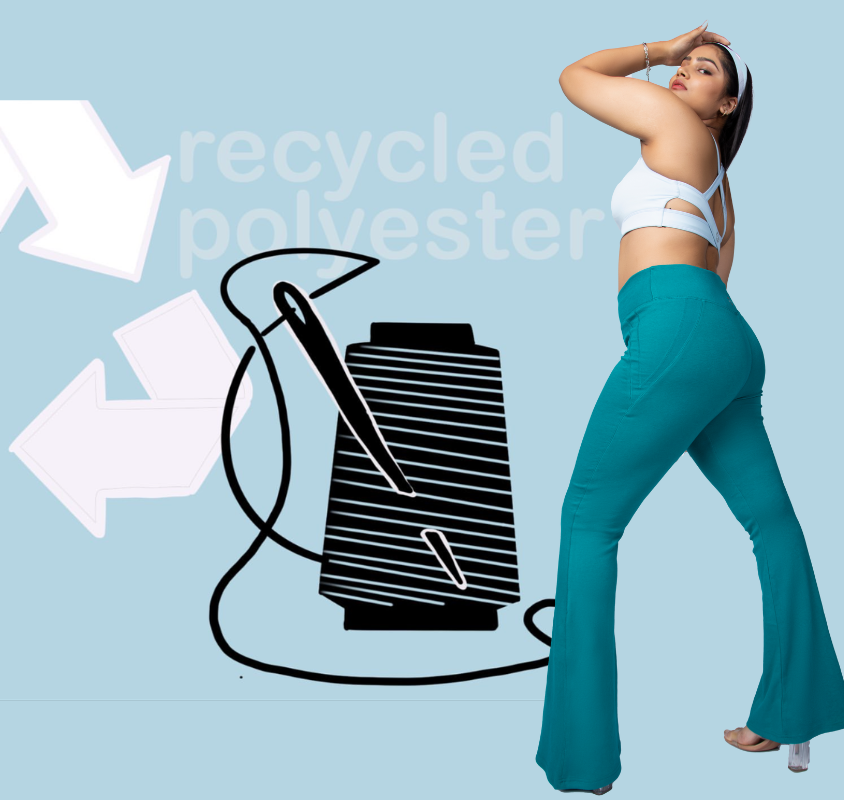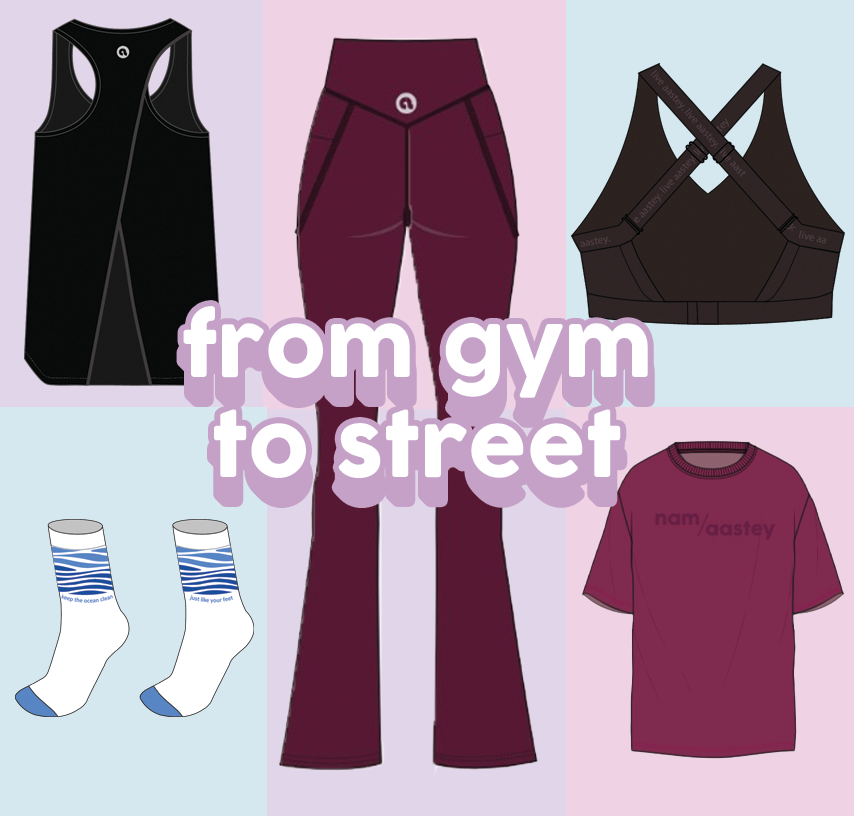hey tribe!
we decided to start with the display of this beautiful scenery of the Atacama Desert in Chile because pictures are the best way to experience things that we cannot see in real life. so, look closely at the beautiful pink blossoms because it has now become the dumping ground for by-products of the fast fashion industry.

a few months ago, al-Jazeera reported that up to an estimate of 59,000 tonnes of clothes that are not sold in Europe and the United States end up in a port in Chile. while these clothes are meant for resale, only 20,000 tonnes of clothes really go back into circulation. whatever remains is left in a limbo wherein the clothes are neither accepted by municipal landfills nor taken away by any organization. no one is accountable and as a result, at least 39,000 tonnes of discarded clothing end up in the Atacama Desert. every single year.
these clothes are as toxic as plastic and non-biodegradable. they will stay there for the next century. is this really what we want to do with our planet because we don’t know how to stop producing more than we need. especially, the over-consumption is costing us precious resources like water and contributing to global warming that will lead us to our end as a civilization.
we have already talked extensively about the pitfalls of fast fashion and the consumerist lifestyle that we have been pushed into because of mass production. Chile, which is the richest country in South America is known for its consumerism.

the tragedy is somehow even though we have thousands of tonnes of clothes piling up in a desert, there are millions of people who do not have access to basic necessities. but some are willing to make the change and that is what we stand behind. for instance, Rosario Hevia has founded Ecocitex, which recreates yarn from discarded textiles. this process, surprisingly, neither needs water nor chemicals.
this just shows that there are solutions. all we need to do is be willing to adapt to what is best for us on a scale that actually makes a difference in this rapidly changing world. but what we can do is ask for that change so that for once we can change how the industry functions instead of the other way around.
more power to you. live aastey.

































